Today marks the official release of my new book, Write Better. To give you a taste of what’s in store, here is an excerpt from the preface.
Two of my sons, Phil and Dave, ran cross-country in high school. These grueling three-mile races were not on perfectly flat, machine-fabricated ovals but up hills, over ruts, through woods. In heat and cold, rain and wind I, like other parents, came to urge them and their teammates on.
 Sometimes I’d run from one part of the course to another, taking a shortcut, so that several times during a race I could yell encouragement to press on, to not let down, to remember their training. Once when I was dashing from one place to another, a student cheering for another school almost slammed into me. As he flew by in another direction, he said, “Sorry, Coach.” I’ve never felt prouder to be mistakenly identified.
Sometimes I’d run from one part of the course to another, taking a shortcut, so that several times during a race I could yell encouragement to press on, to not let down, to remember their training. Once when I was dashing from one place to another, a student cheering for another school almost slammed into me. As he flew by in another direction, he said, “Sorry, Coach.” I’ve never felt prouder to be mistakenly identified.
For over forty years I’ve trained, guided, and cheered on hundreds of writers. I’ve made suggestions for what to write about, how to write, and how to revise. I’ve encouraged and praised, cajoled and critiqued. In every case I have been stimulated by a desire to help people express their ideas as clearly and powerfully as possible. That is the motivation behind this book.
I’ve also done a fair bit of my own writing, trying to follow my own advice as much as possible. What I have realized in the process is how hard it is to write. It requires work and determination. It means saying no to other things I want to do or fitting it around things I must do (like my job). I have to overcome discouragement when progress is slow and when I don’t meet my own standards. As a result, I have great admiration for people who write, people like you.
In this book I offer some of the lessons I’ve learned in reading, writing, and editing nonfiction. If I can lighten your load as a writer of books, articles, blogs, newsletters, or manuals, and speed you on your way, I will be content.
Students and those who just want to write better may also find help in these pages. I hope you will feel free to take what is of value here and lay aside the rest till later.
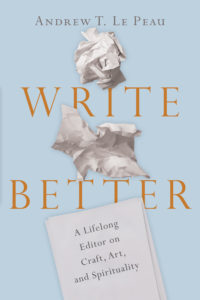 I’ve divided my material into three parts. Part one on craft is about mastering certain skills such as finding strong openings and closings, staying focused on an audience, creating a clear structure, being persuasive, revising well, and developing good titles.
I’ve divided my material into three parts. Part one on craft is about mastering certain skills such as finding strong openings and closings, staying focused on an audience, creating a clear structure, being persuasive, revising well, and developing good titles.
Part two is on art, which is notoriously difficult to define. I use the term a bit reluctantly because we can misapply it to writing pretentiously or can misunderstand it as being so subjective that nothing practical can be said about it. Rather than “high art” in the sense of historical or cultural artifacts, I mostly mean human creations that speak deeply to the full human experience (heart, soul, mind, body as well as our social and historical dimensions). Sentimentality and cliché need not apply. I seek to demystify some aspects of art in writing by considering strategies that can nudge us along the continuum toward fresher, more vital, and perhaps more beautiful expressions of our human condition.
Part three is on the spirituality of writing. Here I do not focus on the spiritual content of what we write so much as on our spirituality as writers. What affect does the act of writing have on my life in God?
While this book is about writing better and not about publishing or how to get published, in the appendixes I try to pull back the curtain of mystery a bit from this often unseen world. How do you find an agent? What is involved in promotion? How does coauthoring work? What about the self-publishing option? And is there any way to make sense of copyright? Also at the back are listed further online resources (found at ivpress.com/write-better), including questions and exercises for students.
I like order, so I would tend to read a book like this straight through. But you can skip around if you wish, going from one chapter to another as your needs or interests lead you.
Photo credit: Pixabay extremis

 Responses in both parts should be specific (an apt word choice or metaphor, an aspect of structure, a strong illustration, a good use of building drama, etc.). “Something I thought was strong was . . .” is a good way to begin.
Responses in both parts should be specific (an apt word choice or metaphor, an aspect of structure, a strong illustration, a good use of building drama, etc.). “Something I thought was strong was . . .” is a good way to begin.  Certainly gray lines can appear when it comes to, for example, “Was the writing persuasively argued?” That can lead to comments like, “Well, I wasn’t persuaded because I think X.” Soon we are diving into the deep waters of content.
Certainly gray lines can appear when it comes to, for example, “Was the writing persuasively argued?” That can lead to comments like, “Well, I wasn’t persuaded because I think X.” Soon we are diving into the deep waters of content. 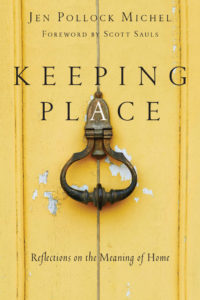
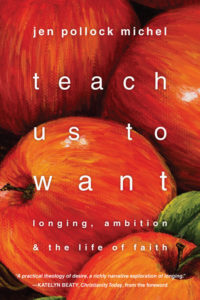
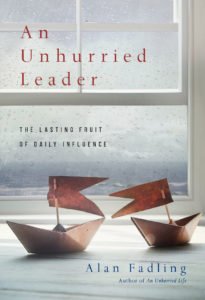
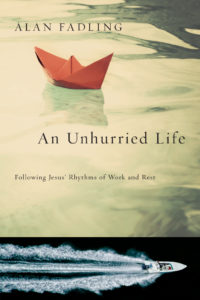 “
“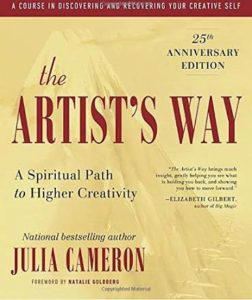
 Eventually something that finds its way into our morning pages may trigger and idea or project we want to pursue. That’s fine. We can work on it outside of our time set aside for morning pages, and that we can show to others for input if desired. But we never show others our morning pages themselves. A friend of mine, Bill, who didn’t think he was very creative undertook Cameron’s disciplines and started producing some remarkable poetry.
Eventually something that finds its way into our morning pages may trigger and idea or project we want to pursue. That’s fine. We can work on it outside of our time set aside for morning pages, and that we can show to others for input if desired. But we never show others our morning pages themselves. A friend of mine, Bill, who didn’t think he was very creative undertook Cameron’s disciplines and started producing some remarkable poetry.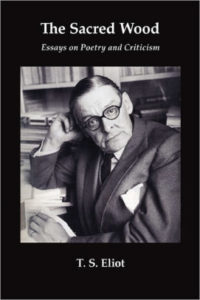
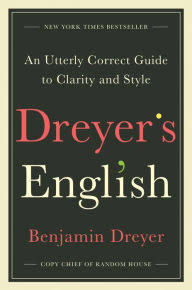
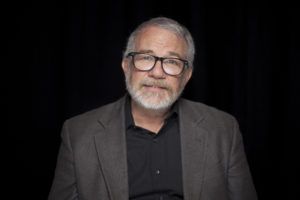 is often a dirty word these days. In the book I suggest how this time-honored skill can and should be redeemed and rehabilitated.
is often a dirty word these days. In the book I suggest how this time-honored skill can and should be redeemed and rehabilitated.